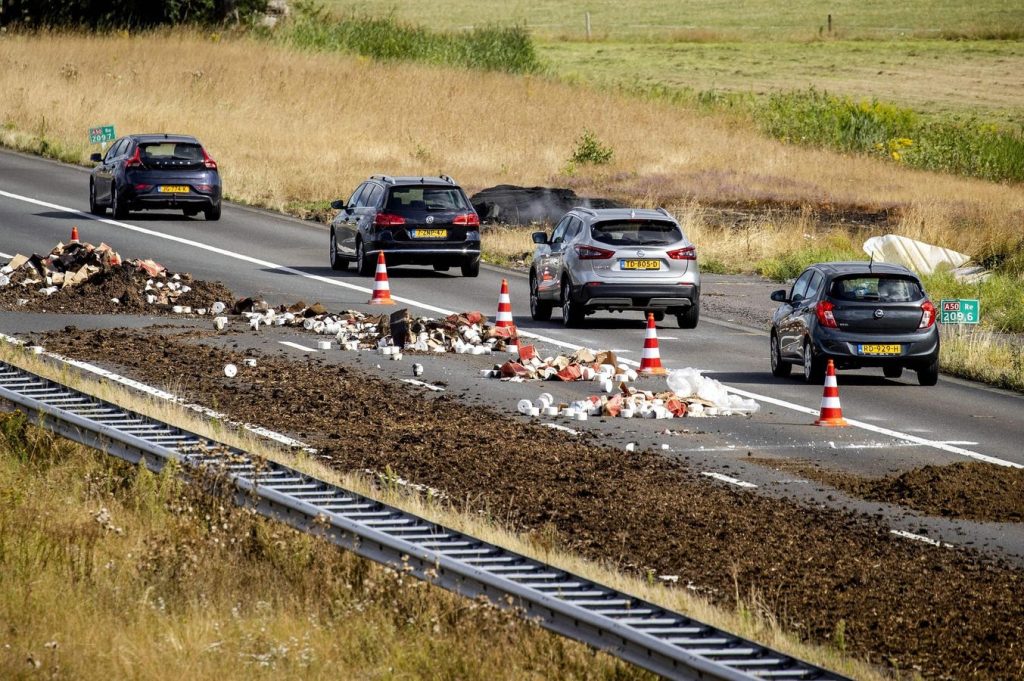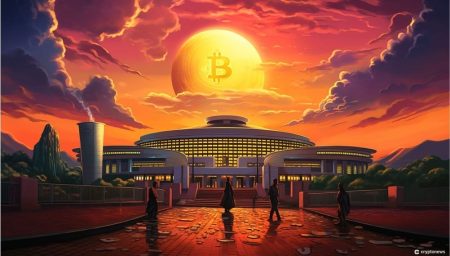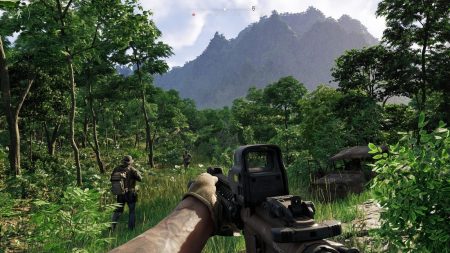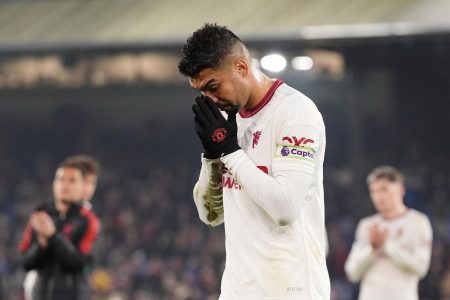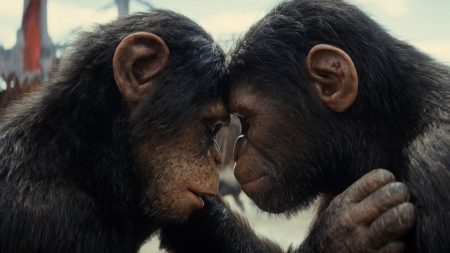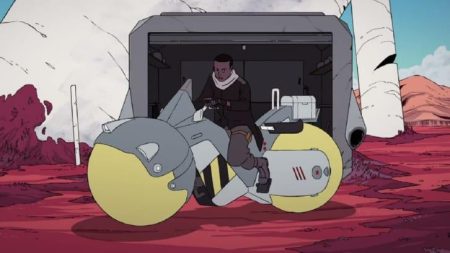Dutch animal farmers have been encouraged to expand their operations for decades, leading to the country becoming the second-largest exporter of agricultural products in the world. This focus on increasing food production has resulted in a landscape where farmers use 60% of the land. The financial backbone of intensive Dutch agriculture is Rabobank, which provides funds to 80% of farmers in the country. However, the high cost of agricultural land in the Netherlands has led to farmers accumulating debt that exceeds their yearly profit by 20 times, giving Rabobank significant influence over farm decisions.
The push for intensification in Dutch agriculture has led to an increase in mega farms and a decline in the overall number of farms. This model, driven by financial and political institutions, has resulted in issues such as nitrogen pollution. Excess nitrogen emissions from large livestock operations have negative environmental impacts, such as acidifying the soil, polluting the air, and affecting water quality. Despite the negative consequences, Dutch authorities were slow to respond to the nitrogen crisis, leading to protests and social polarization among farmers.
Various corporations, including animal feed companies and supermarkets, benefit from industrial livestock farming in the Netherlands. These companies have supported the farmers’ protests, with some providing financial backing. Rabobank, in particular, has been criticized for financing large, polluting livestock companies not only in the Netherlands but also in other countries. The power within the food system is concentrated in a few multinational corporations, leading to concerns about the influence these entities have over farmers and the agricultural sector.
Rabobank has recently announced a shift in its agricultural lending policy, focusing on sustainability and reducing livestock numbers in the Netherlands. However, farmers do not have to commit to reducing herd sizes to qualify for these sustainability-linked loans. Changing the farming model to be more nature-inclusive will require considerable economic incentives and support from other entities. The uncertain future of Dutch livestock farming, influenced by fluctuating prices, inconsistent policies, and changing diets, leaves individual farmers like Holtkuile unsure about how to move forward and innovate on their farms.
Critics have raised concerns about the profitability Rabobank stands to gain from the Dutch government’s buyouts of livestock farmers, as these buyouts would result in recovered loans and interest paid to the bank. Some have called for Rabobank to contribute to a fair transition for farmers. The lack of clarity from financing institutions and the government, especially for young farmers starting their careers, makes it challenging for farmers like Holtkuile to innovate and improve their farms in ways that benefit both their livelihoods and the environment.





